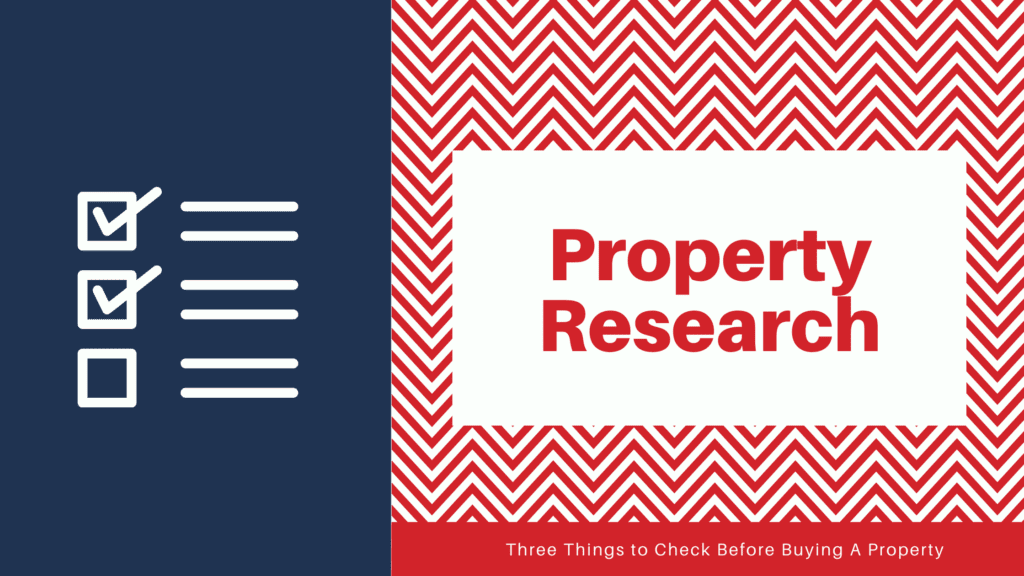27 Feb Don’t Forget to Research These Three Things When Buying A Property

Buying a home can be exciting, but it can also be daunting. There are so many things to think about and check. It can be easy to forget to research things like planning controls and restrictions when you are focused on building inspections and the contract of sale. With only a few minutes of your time and the cost of a telephone call you can potentially save thousands of dollars or a lot of heartache!
I have seen people caught out after buying a home, either because they didn’t understand the restrictions on their own property or have failed to check if any of their neighbours were planning big developments. Below is a handy guide to help you gain a bit more information on the property of your dreams, before you sign on the dotted line.
1. Planning Controls
The Section 32 will contain a planning report which will advise what planning Zones and Overlays apply to the property. You will need to dig a little further to find out what the controls mean though. You can visit the government mapping website VicPlan to search for the specific property and obtain information on all of the planning controls for that site. Alternatively, you can ring or visit the Town Planning Department of the relevant local council to ask them about the planning controls to search for the specific property and obtain information on all of the planning controls for that site.
Some of the common Overlays you might encounter are Heritage Overlays and Special Building Overlays. To assist you we have written up a summary of some common Overlays which you can use as an initial guide. We have also written up some information on common residential zones.
2. Major Developments
You can find out about proposed developments (i.e. an application that is with the Council but a decision has not been made yet) or approved planning applications in the area. If a development has already been approved, there isn’t much that can be done about it, but it is always better to know about it than discover the project when construction starts!
In most cases we would recommend that you check the land that abuts the property as well as directly across the road. You will need to have addresses of the neighbouring properties. The mapping website that is mentioned above can be used to find those property addresses. You can then ring and ask the council to check if there are any applications approved or pending. Alternatively, many of the Councils now have planning registers on their website which you can search yourself for any planning applications on specific addresses. Just go to the local council’s website and see if they have one on their planning page.
Kingston Council have introduced this handy tool on their website called What’s in My Area?. You can search up any property address and then look at all of the current planning applications that are near that location. You can also search up a range of other things such as services and schools, so it could be a handy tool to research whether a property is the right location for you as well.
3. Certificate of Title
Check for covenants, easements or other restrictions on the Certificate of Title. A covenant is an encumbrance on the land that restricts what you can do. Some examples of what covenants can do are restrict development to only one dwelling, require a minimum building size or require certain building materials. An easement vests the land for someone else’s interest. Common easements include drainage and sewerage easements which may contain infrastructure and carriageway easements to allow access to another property over the land.
South East Water also have a handy map that you can use to check for sewer and water assets near the property. For properties that are covered by City West Water you can purchase a property information statement which includes details of water and sewer assets.
If you do have a covenant on your property that will impact what you want to do, you can apply to remove or vary the covenant. This is often not an easy process, but we can provide covenant advice and information on the process for you.
If you do some initial research and need to understand more information about the planning controls or what you can do on a site you can order Planning Advice here. We will then research your property and provide you with expert advice on the planning controls.

